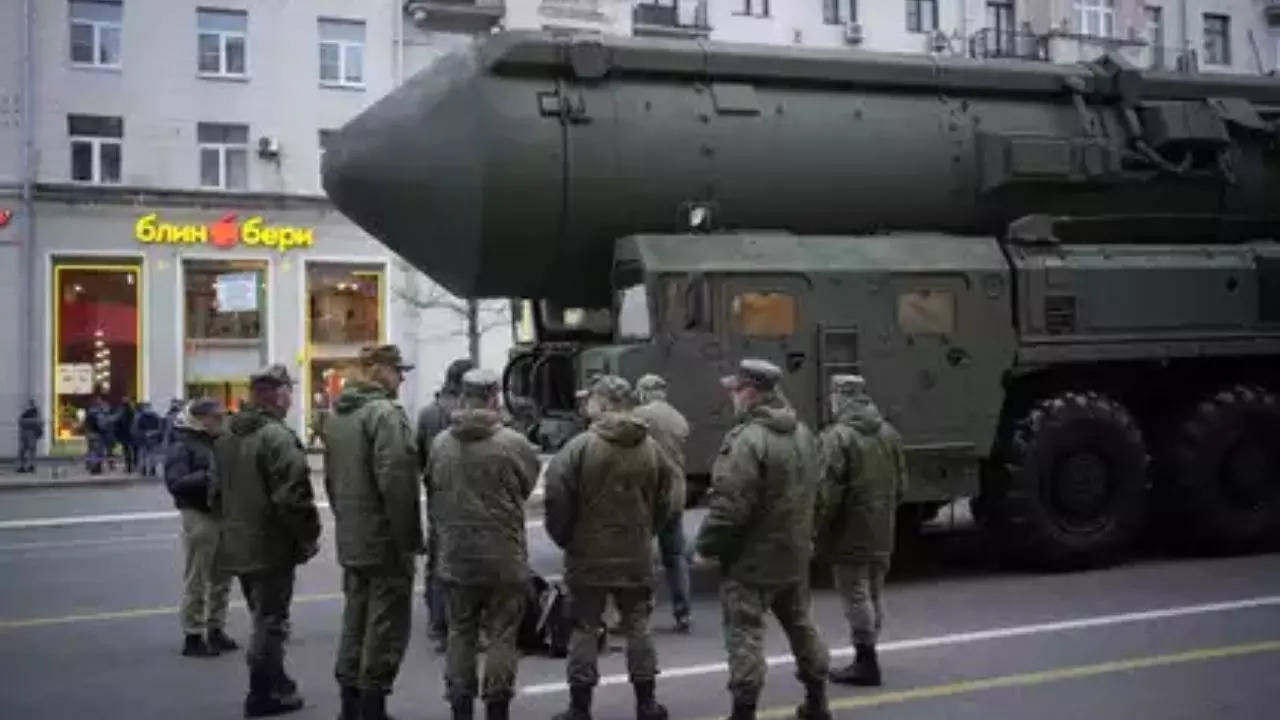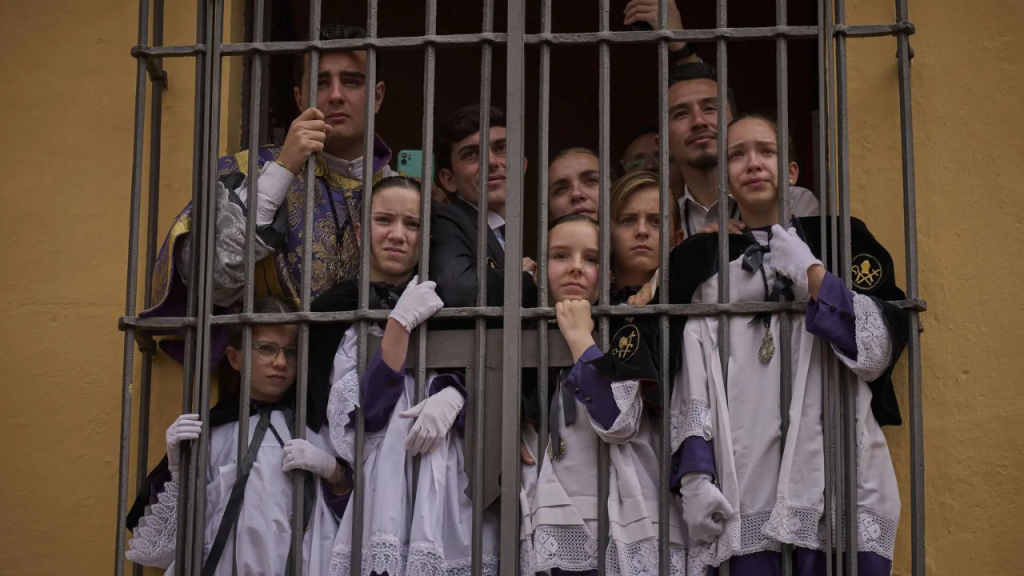After the fall of the Soviet Union, Ukraine inherited a significant nuclear stockpile. Despite having these nuclear weapons, Ukraine relinquished them due to financial burdens and geopolitical risks. The 1994 Budapest Memorandum promised security guarantees, which proved unreliable when Russia annexed Crimea and supported separatists in Ukraine. The ongoing Russia-Ukraine conflict highlights the vulnerabilities of Ukrainian security without nuclear deterrence. This geopolitical situation has raised concerns about Ukraine’s defense capabilities and the need for stronger security measures. The impact of the conflict has been felt not only in Ukraine but also globally, with tensions rising between Russia and Western countries. The lack of nuclear weapons in Ukraine has left the country dependent on international support and alliances for its security. As the conflict continues, it remains to be seen how Ukraine will address its security challenges and protect its sovereignty. The importance of nuclear deterrence in international relations has been underscored by the events unfolding in Ukraine. The global community is closely watching the developments in the region and the implications they may have on future security arrangements. Ukraine’s decision to give up its nuclear weapons continues to be a topic of debate, especially in the context of ongoing conflicts and geopolitical uncertainties. The situation serves as a reminder of the complex interplay between nuclear capabilities, national security, and international relations.

Posted in
JUST IN
Ukraine’s Nuclear Disarmament and Security Challenges Amid Russia-Ukraine Conflict: A Historical Perspective.
In Trend

“India launches e-learning platform ‘Diksha’ for teachers, students amid coronavirus lockdown”

















